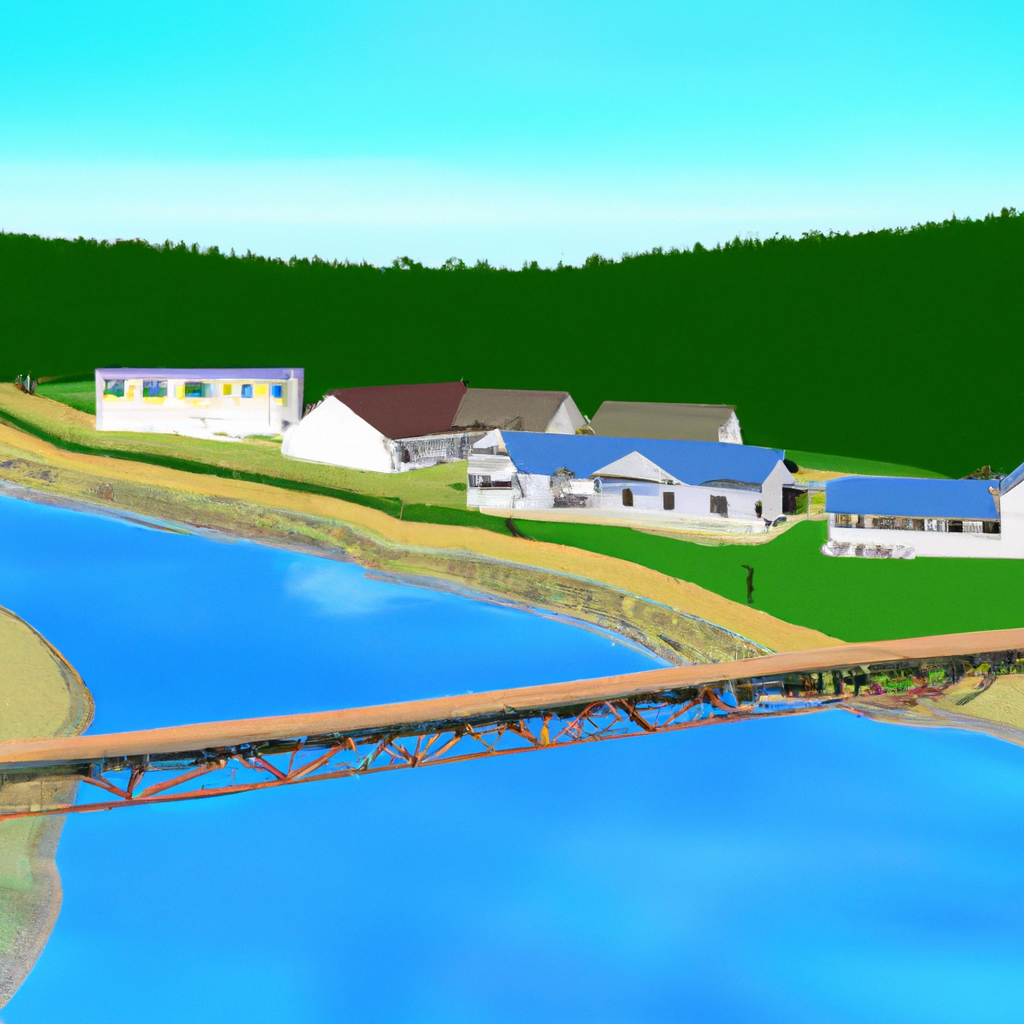Cape Breton, known for its rugged coastlines, rich cultural heritage, and vibrant communities, is quickly becoming one of the most sought-after real estate markets in Canada. As we venture into 2024, both potential homebuyers and investors are keen to understand the dynamics of this unique market. This blog post delves into the current trends, future prospects, and what you can expect if you’re considering a move or investment in Cape Breton’s real estate this year.
Current Market Trends
The real estate market in Cape Breton has seen significant growth over the past few years, driven by a combination of affordable property prices and a growing interest in more scenic, spacious living environments. In 2024, the trend continues with a robust demand for both residential and commercial properties. The increase in remote work practices has also spurred interest in Cape Breton, as many professionals seek scenic locales away from the bustling city centers.
Waterfront properties remain highly coveted, with areas like Baddeck and the Margaree Valley witnessing a surge in inquiries. These locations offer not only beautiful scenery but also a tranquil lifestyle that is highly appealing to both retirees and those seeking a slower pace of life. Prices in these premium spots have risen, but they still compare favorably to more metropolitan areas in Nova Scotia.
Investment Opportunities
For those looking to invest, Cape Breton presents a variety of opportunities. The tourism sector’s recovery post-pandemic has led to a renewed interest in hospitality properties. Bed and breakfasts, in particular, are a hot commodity, offering investors a chance to capitalize on the island’s growing status as a tourist hotspot. Additionally, the local government’s support for small businesses has improved the prospects for commercial real estate investments in town centers.
Residential real estate also offers promising returns. The rise in demand for rental properties, particularly near educational institutions like Cape Breton University, provides an excellent opportunity for rental housing investors. Moreover, the ongoing development projects across the island are expected to increase property values, making early investments particularly advantageous.
What Buyers Should Know
Prospective buyers in Cape Breton should be aware of several key factors. First, while property prices are rising, they vary significantly between different communities. More remote or rural areas typically offer more affordable options compared to the central locales. It’s also important to consider the age and condition of properties, especially in historic towns where older homes are common. Ensuring a thorough inspection is conducted before purchasing is crucial to avoid unforeseen expenses.
Another aspect to consider is the local infrastructure and amenities. While the island is well-connected by road, some areas might not have immediate access to services like high-speed internet, which is a critical need for remote workers. Checking the availability and plans for infrastructure development can be a deciding factor in your investment or residential decision.
Future Outlook
Looking ahead, the real estate market in Cape Breton is poised for continued growth. The local government’s focus on enhancing tourism and infrastructure, coupled with the natural appeal of the island, makes it an attractive market for both residential and commercial buyers. As more people discover the charm and potential of Cape Breton, the demand for property is expected to keep rising, potentially leading to a robust and resilient real estate market well beyond 2024.
Whether you’re considering buying a home to settle in or seeking investment opportunities, Cape Breton’s real estate market offers promising potential in 2024 and beyond. With its unique blend of natural beauty, community warmth, and economic prospects, Cape Breton stands out as a wise choice for real estate endeavors.


